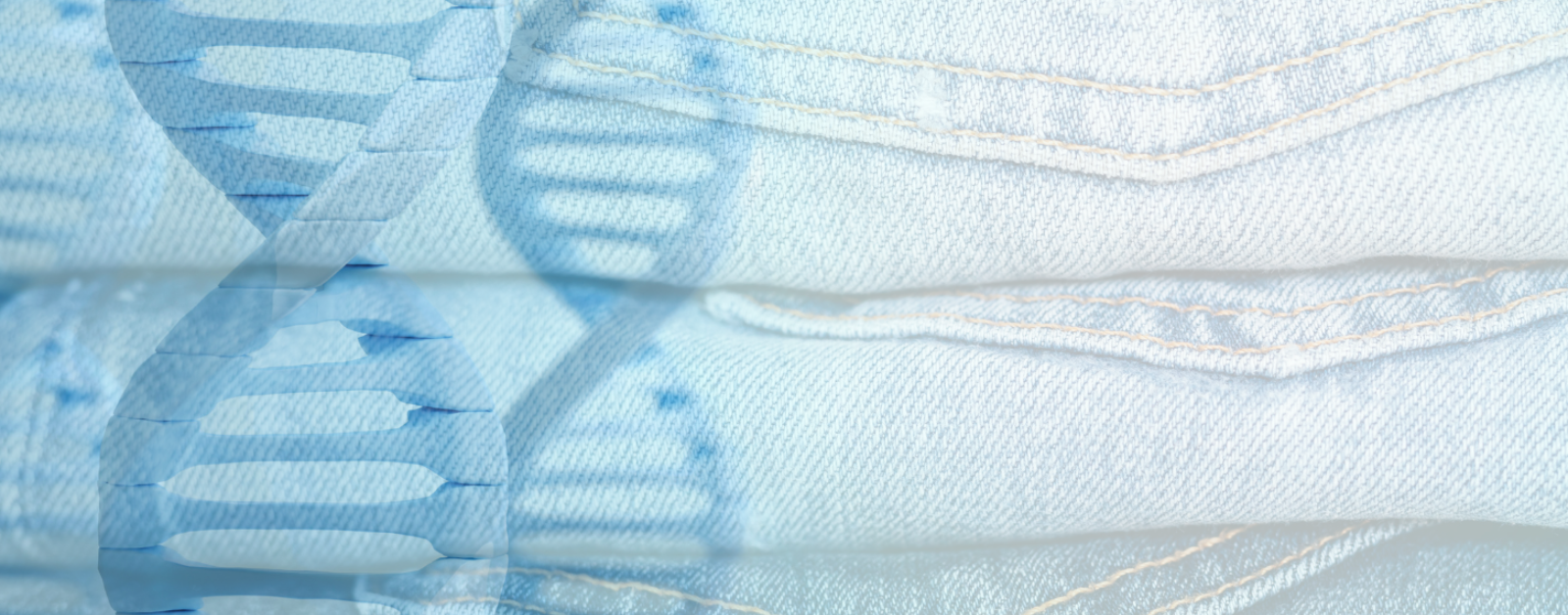What if the real beauty of humanity isn’t found in “good genes,” but in the people our culture is most inclined to screen out? Last week in the newsletter, I mentioned an essay from the Washington Post, “Inside the Silicon-Valley Push to Breed Super Babies.” Then I learned about the controversy over a new American Eagle ad featuring Sidney Sweeney, where she makes a pun about her “great genes/jeans.” Critics of the ad saw it as a eugenic dog whistle calling white, blond, blue-eyed humans “good” and everyone else as, at best, less good. Others, like John McWhorter, writing for the New York Times, saw the ad as akin to a “dad joke.” He concludes: “A blond, blue-eyed actress talking about jeans — or even genes — is just a pun, not a secret salute to white supremacy.”
I agree with McWhorter that we need to be careful not to read too much into these types of phrases. But even as controversy swirls over whether this ad reinforces a culture of white supremacy, there is an actual public conversation about eugenics (the root of which means “good genes”) that doesn’t have to do with a racialized hierarchy.
Rather, the public conversation is one in which parents are encouraged to screen their embryos for genetic differences that are considered defective, or even for genetic constellations that predict the possibility of disease or distress later in life. I hope (though I’m not entirely convinced) that standards of beauty and definitions of the good life have moved beyond a desire for white skin and blue eyes.
We are, however, still pursuing a vision of the ideal human that excludes humans with physical and cognitive disabilities.
To return to the Washington Post essay I mentioned last week, the article describes the latest technology from a company called Orchid to screen embryos. The article makes no mention of screening for physical traits such as blue eyes. Rather, Orchid’s founder expounds on their desire to “eradicate suffering.” She congratulates parents who “choose their embryos by spreadsheet.” She envisions “a generation that gets to be genetically blessed and avoid disease.”
In encouraging parents to reject some embryos and select others based on predictions about how their genes might express themselves in time, Orchid’s technology suggests both that it is good for us to choose which lives we welcome into this world and also that some human lives are more valuable and desirable than others.
…we lose our humanity when we construct life according to our predictions rather than receiving it as it is given, in all its precarity and beauty. I just spent a week with dozens of individuals who would have been named as genetic misfits. A young girl with Down syndrome looked me in the eye, anointed me with oil and said, “I am with you. I am for you. God is with you. God is for you. And I love you.” A young man who uses a wheelchair to navigate and adaptive technology to speak proclaimed to all of us that his life is good.
It is scary to receive life as it is given. And yet that posture of loving receptivity opens us up to the fullness of who we are, not as autonomous individuals but as diverse, confounding, interdependent creatures.
When I was writing last week, we had just returned from Hope Heals camp, a place filled with people who would have been screened out using Orchid’s technology. Our own daughter’s life would have been rejected using Orchid’s technology.
What’s strange is that being in the presence of many people considered “genetic misfits” feels like being at the edge of a place like the Grand Canyon. I’m in awe at the indescribable beauty there. I can’t explain the gift it is to witness such grandeur and goodness. I can’t understand my own small place within this stunning creation. I can just give thanks.
The decisions around pregnancies and disability are complicated (see below for a recommendation of another essay on this topic), and I don’t mean to imply that the questions they provoke have easy or obvious answers. But receiving one another in the mystery of our common beloved humanity invites us into a different way of being that no longer depends upon a hierarchy of physical traits or intellectual capacities to declare our worth in this world. That’s the world I want to live in.
I’d love to continue this conversation with you. Share your thoughts or questions—leave a comment!
Free Resource: From Exclusion to Belonging
(a free guide to help you identify and create spaces of belonging and welcome)
Let’s stay in touch. Subscribe to my newsletter to receive weekly reflections that challenge assumptions about the good life, proclaim the inherent belovedness of every human being, and envision a world of belonging where everyone matters. Follow me on Facebook, Instagram, and YouTube and subscribe to my Reimagining the Good Life podcast for conversations with guests centered around disability, faith, and culture.



